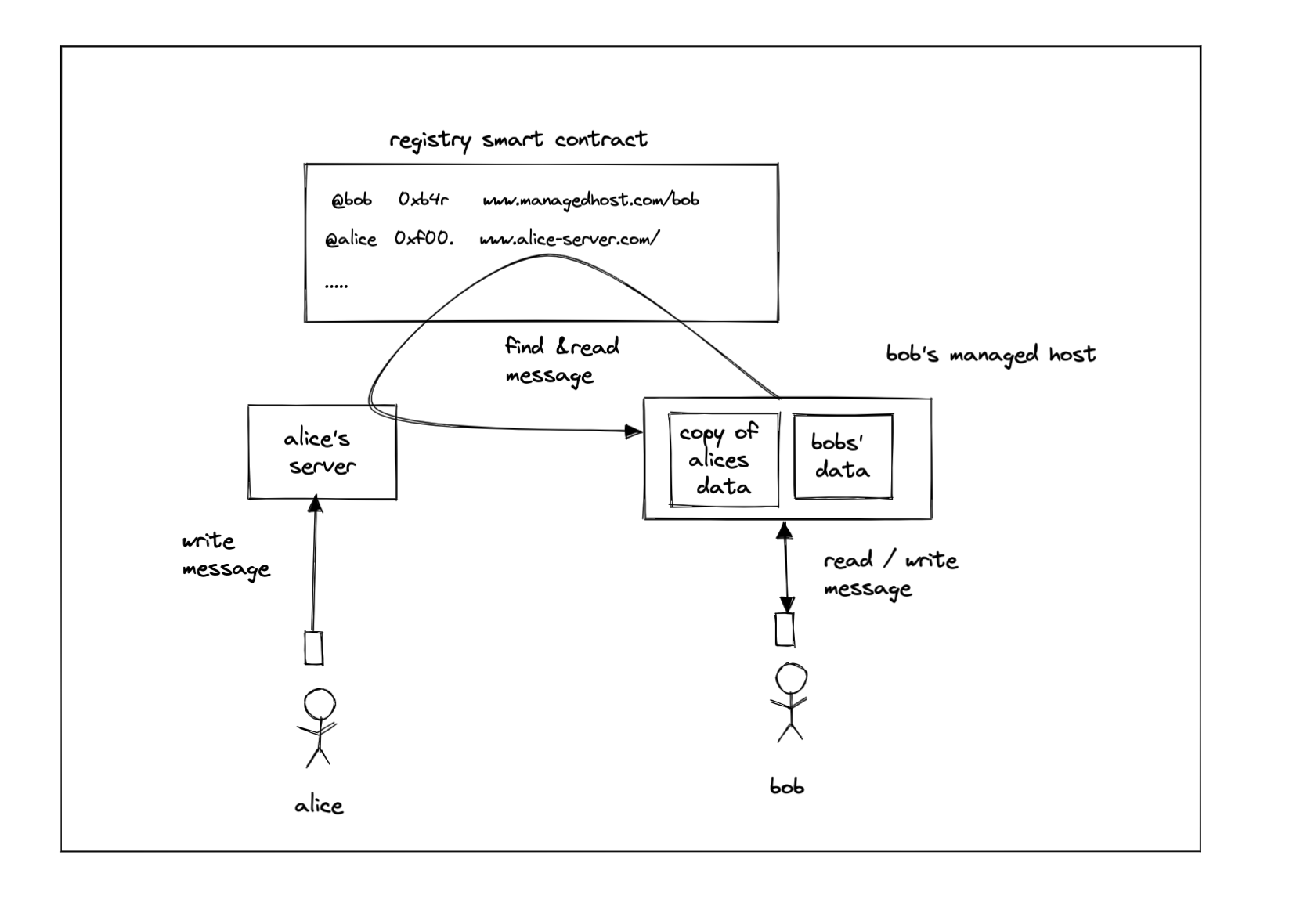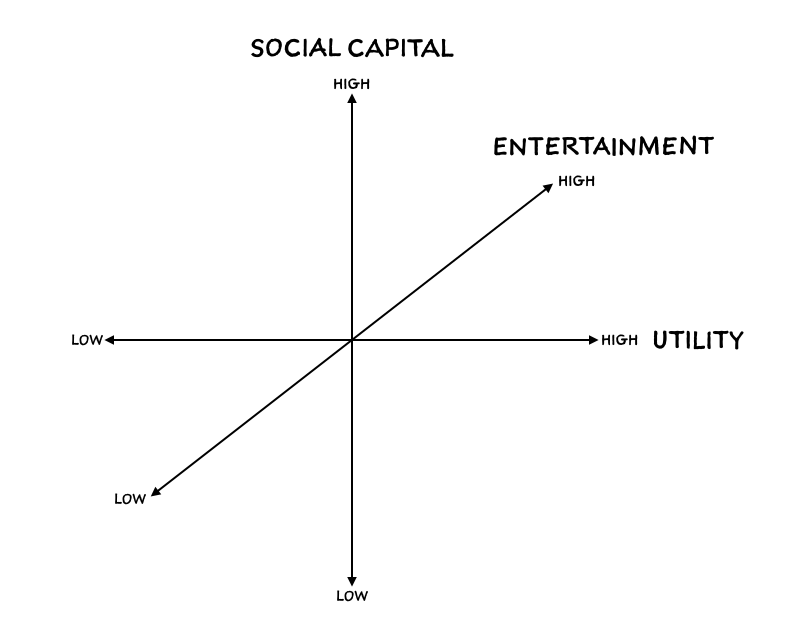Decentralized networks empower us to decide which experiences we want to make

When I think about how consciousness works, I think of awareness and attention. As an analogy awareness is a lantern, dimly illuminating the surroundings whereas attention is a focused torch illuminating a much smaller area but with greater brightness. Both abilities get better on worse depending on how we are using our minds. I view attention as the only way humanity has to move things forward. It's never an organization or a distracted individual that is causing leaps in progress, it's focused individuals (though teams can of course play a key role in helping individuals make the most out of their potential). That's why I am deeply concerned with the incentive structures that have emerged around conquering attention. Misaligned incentives are very pronounced with social media companies aiming to maximize time spent on their platform and engagement with their platform which leads to incentive structures for creators to create awareness-catching works.
In the Hackernews discussion of The internet wants to be fragmented, a commenter wrote:
They [social media companies] don't want to make you happy or feel good, they want money, at all costs which results in you being angry and toxic.
I agree with that statement. The incentives between users and social media companies don't align. However, one might think that once the incentives between a social media company and its users would align - for example by making users happy and feel good - we would be good. I argue that this is not enough. As long as a single entity is in a position to control my experience (for example by deciding which discovery algorithms I can use) I have to keep track of how the incentive structure of that entity evolves.
Let's say the thing you want from Twitter is the experience of discovering what smart people have to say about things they are passionate about because of the sweet rushes of dopamine and the occasional light bulb moment that come with it. When Elon Musk bought Twitter and censoring rules and the website behavior changed, you were reminded of the fact that changing incentives matters. That's because Twitter has control over the thing you want and your interface to it.
As long as an experience of something that I want to have in my life can be influenced by a single entity I have to hope the incentives of that entity do not change drastically.
Here are two principles to follow for ensuring you stay in control over the experiences you make:
- Choose a system that provides the thing which can not easily be corrupted by a single entity.
- Own the interface to the thing.
Back to our Twitter example. How do we ensure the thing can not be corrupted easily? In the case of Twitter, there are decentralized alternatives, that are not and can not be owned by any single entity. The key to a decentralized system is an open protocol - like SMTP for email or ActivityPub for the fediverse.
Having an open protocol for interfacing with a system (think IMAP, POP) means that it's possible to build new clients around the thing. That means, no single entity can make the user experience for all users worse because there is no way to force the adoption of an interface.
The conclusion is in the title, so I'll leave it at that.
If you want to read more about social networks and decentralization, I recommend:


Update 2023-04-07: More recommended links. The simplicity in nostr's design is potentially a big advantage. An argument I first encountered in the "Sailor Series" is that being the simplest form with universal reach can be a great advantage because it means minimal attack surface and little necesity for change that could again introduce errors.






